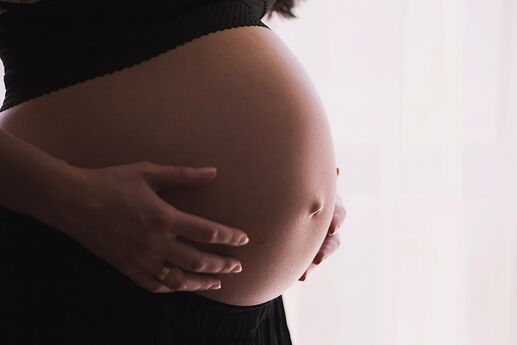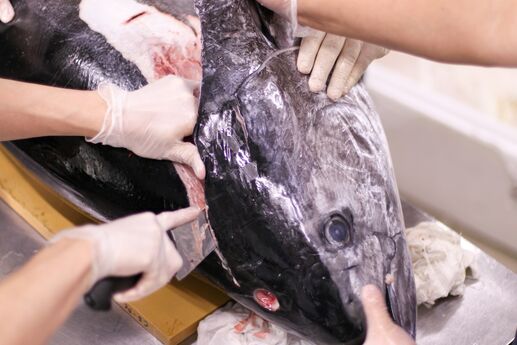Pregnancy Beauty Basics
When you’re pregnant, it’s not uncommon to want to make up for swollen ankles and other less desirable symptoms with a fresh face of make up and a new hair ‘do. But keep in mind that the ingredients in your beauty products, if absorbed into the skin, may reach the placenta and could pose a risk for your new baby. But that doesn’t mean you have to give up on looking glam until post-birth. Just be sure to steer clear of the below, and, if in doubt of a product’s safety, ask your doctor.
Skip it: Hair dye Expecting new moms should try to avoid dying or chemically straightening their hair when pregnant, as the ammonia fumes could harm a new baby during the first three months of pregnancy. If you must change your color or touch up your roots, do so after the first trimester in a well ventilated space, and ask the stylist to avoid touching your scalp with the chemicals.
Skip it: Nail polish
The phthalates in nail polish have been linked to birth defects, so it’s best to wait until after the first trimester to get a manicure or pedicure, when the risk to your new baby is much lower. Acrylic nails should also be avoided when expecting. Need some color before then? Reach for a phthalate-free nail polish instead.
Skip it: Hairspray
Hairspray also contains phthalates, and considering you spray it by your face, it’s very easy to breathe it in. Instead, keep your hair in place with a mousse or gel during your pregnancy.
Skip it: Acne creams
Expecting new moms should avoid prescription acne medications, as they can increase the risk of birth defects. If pimples pop up during your pregnancy, try to use a gentle face wash and switch to oil-free makeup. If that doesn’t work, ask your doctor about what acne face washes may be safe for your new baby.
Skip it: Teeth whitening products
The jury is still our on whether the peroxide, the active ingredient in teeth whiteners, is safe during pregnancy, so it’s best to skip this one. If your pearly whites aren’t looking so, well, white, use a brightening toothpaste instead. And don’t forget to floss and brush regularly during pregnancy. Good dental hygiene is good for your smile and for your new baby’s health.
It’s not always easy for new moms-to-be to give up go-to beauty routines, but keep in mind that sporting your natural hair color or not-so-perfectly-white teeth is best for your new baby. For now, skip the scary stuff and wear your pregnancy glow instead.







